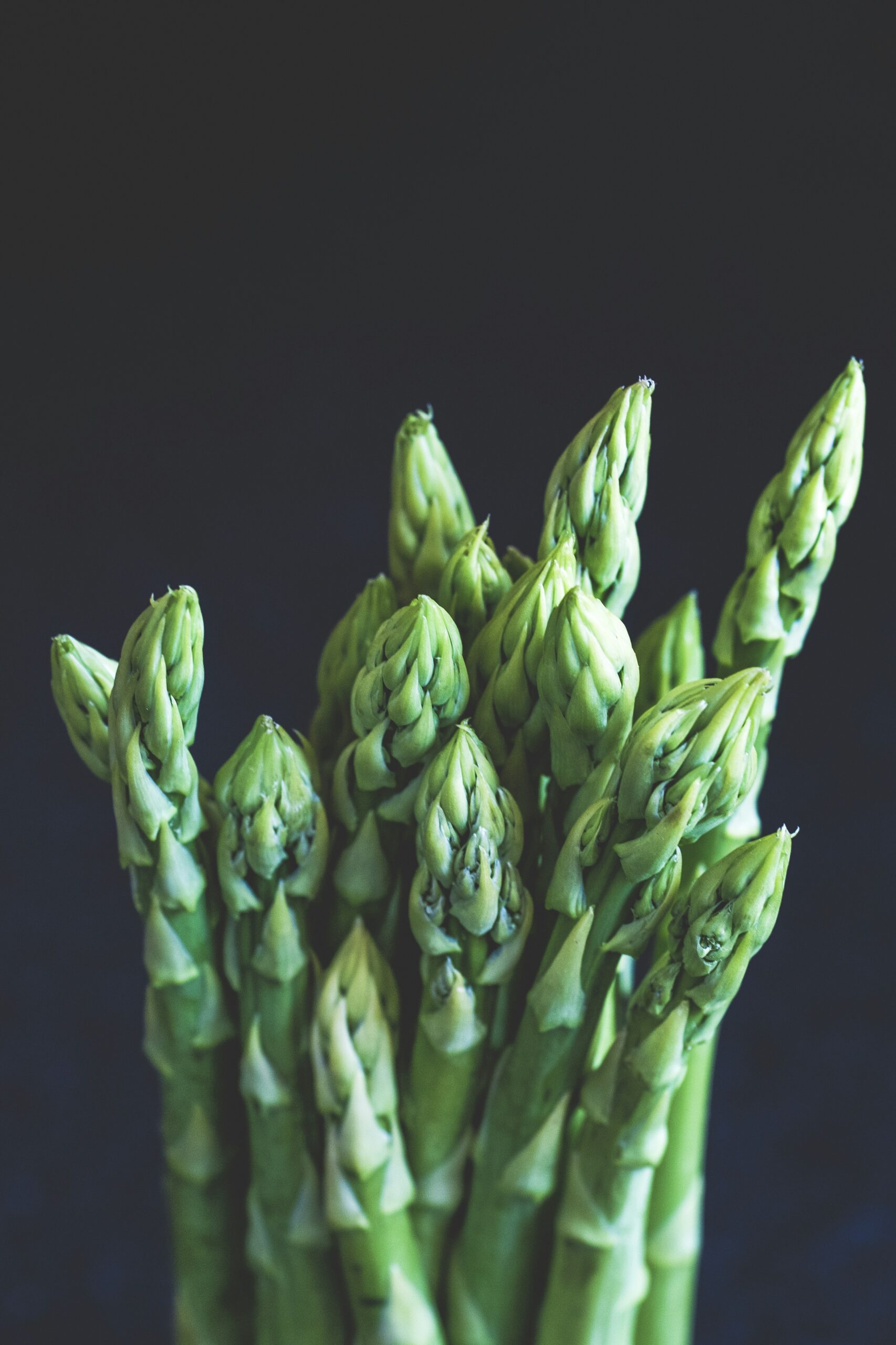Have you ever noticed that your urine has a particularly strong odor after indulging in certain foods or drinks? If so, you’re certainly not alone. Many people experience this phenomenon, which can sometimes be surprising or even alarming. However, there’s usually a scientific explanation that sheds light on the connection between the foods you eat and the scents found in your bodily excretions.
Understanding Urine Odor and Its Causes
Urine is a product of your body’s filtration system, specifically your kidneys. It comprises various substances, including water, urea, and waste materials such as dead blood cells, salts, and chemicals. When it comes to the smell of urine, several factors can play a role, including hydration levels, medical conditions, and yes, even the foods you consume.
The Role of Hydration
One of the simplest explanations for a change in urine odor relates to your level of hydration. When you’re well-hydrated, your urine is more dilute, which often results in a less noticeable odor. Conversely, dehydration concentrates these compounds, leading to a stronger smell. Drinking enough water daily not only helps mitigate strong-smelling urine but is crucial for overall health.
Medical Conditions and Urine Odor
Before attributing the odor of your urine solely to food, it’s essential to consider other potential causes. Certain medical conditions can affect how your urine smells. For example, a urinary tract infection (UTI) can lead to a foul or pungent odor, while diabetes might impart a sweet scent. Liver disease and metabolic disorders can also alter urine odor. If the smell persists without an obvious dietary explanation, consulting a healthcare provider is advisable.
The Impact of Diet on Urine Odor
Your dietary habits can significantly influence how your urine smells. Some foods contain potent compounds that change the scent of urine quite rapidly after consumption. These changes are temporary and are usually harmless, though they can sometimes be surprising.
Common Foods That Influence Urine Odor
Certain foods are notorious for their tendency to affect the smell of urine. While most people are aware of these effects, understanding the science behind them can be enlightening.
Asparagus
Asparagus is one of the most well-known culprits when it comes to causing a strong urine odor. This is due to asparagusic acid, a compound unique to asparagus. Once digested, it breaks down into sulfur-containing byproducts that produce a distinctive, pungent smell. Interestingly, not everyone is able to detect this odor due to genetic variations in smell receptors.
Coffee
Coffee lovers might notice a stronger urine odor after their morning brew. Coffee contains certain compounds that, when broken down by the body, can impart a stronger-than-usual scent. Additionally, its diuretic effect can lead to dehydration, which can also contribute to a more concentrated smell.
Brussels Sprouts and Cabbage
Part of the cruciferous vegetable family, Brussels sprouts and cabbage are rich in sulfur compounds. When metabolized, these sulfur compounds can result in urine with a distinct, though typically harmless, odor.
Onions and Garlic
Raw onions and garlic are another source of sulfur-containing compounds. After digestion, these compounds can be expelled through urine, leading to a strong smell. These effects are often more pronounced in raw form compared to when they’re cooked.
Fish
Certain fish, particularly those high in trimethylamine and other amines, can impact urine odor. Sometimes this is due to the fish itself, but it can also occur in individuals with a metabolic issue known as trimethylaminuria, where the body cannot break down these compounds effectively, resulting in a strong fishy smell.
Beverages and Supplements
It’s not just solid foods that can alter urine scent. What you drink and the supplements you take can also play a role.
Alcohol
Drinking alcohol can significantly impact the smell of your urine. Alcohol can cause dehydration, concentrating the urine and intensifying any underlying odors. Additionally, beer and wine contain potent compounds that can enhance urine odor on their own.
Vitamins and Supplements
Certain vitamins, particularly those of the B-complex variety, can cause a noticeable change in urine odor and color. Supplements containing sulfur or asparagine could also contribute to an unusual smell. These changes are typically harmless and temporary.

The Science Behind Smell: Sulfur Compounds and Metabolism
Many foods that cause urine to have a strong odor contain sulfur, a natural element found in certain amino acids and vitamins. When your body processes foods high in sulfur, these compounds break down into smaller components that can impart a notable scent, sometimes likened to rotten eggs.
Genetic Factors
The way your body interprets odors is also influenced by genetics. Some people have a genetic predisposition to detect certain sulfur compounds while others do not. This can explain why some individuals notice asparagus’s effect on urine odor while others remain oblivious.
What to Do If You Notice a Strong Urine Odor
Noticing a strong odor doesn’t necessarily mean there’s a problem. However, it’s essential to pay attention to your body’s signals and consider the following:
Rule Out Medical Concerns
If you notice persistent changes in your urine smell, especially if accompanied by other symptoms like pain or changes in urine color, it’s a good idea to consult with a healthcare provider. They can rule out any underlying medical conditions such as infections or metabolic disorders.
Monitor Dietary Choices
If you’ve recently noticed a change in urine odor, consider tracking your food and drink intake to identify any patterns. After identifying potential culprits, you can make informed choices about whether to modify your consumption of certain foods or beverages.
Hydrate Adequately
Ensuring adequate hydration is a straightforward step to manage urine odor. Staying well-hydrated dilutes the concentration of waste in your urine, which can diminish the strength of any odor-producing compounds.
Maintain Balanced Nutrition
While certain foods can affect the odor of your urine, they often have health benefits that shouldn’t be ignored. Instead of eliminating these foods, aim for a balanced diet that provides a wide array of nutrients.

Potential Misconceptions and Concerns
Urine Odor and Health Myths
It’s easy to fall prey to myths that equate changes in urine odor with poor health. However, the relationship between food and urine odor is well-documented and usually harmless. It is crucial to avoid making quick assumptions based on odor alone and to consider other symptoms or consult with professionals for peace of mind.
Smelly Urine Is Not Always a Cause for Alarm
While it can be startling, strong-smelling urine is not typically a cause for concern if linked to your diet. However, if you’re experiencing additional symptoms like pain during urination or changes in urine color, it’s important to seek medical advice to discern whether there’s an underlying issue.
Summary: Embrace the Process and Your Diet
Urine odor can serve as an interesting reminder of the complex processes your body undergoes each day. While some foods can lead to stronger scents, they are usually beneficial and add variety to your diet. By understanding the causes behind these changes, you can appreciate your body’s signaling without unnecessary concern. Ultimately, if you’re informed and attentive to what your body tells you, you can manage and embrace these natural occurrences as part of a healthy lifestyle.


